Microbes
-
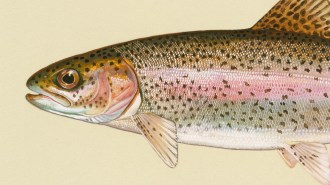 Neuroscience
NeuroscienceSome healthy fish have bacteria in their brains
Animals including mammals usually protect their brains from infiltrating microbes that can cause disease. But some fish seem to do just fine.
-
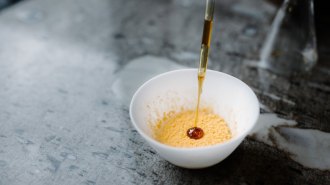 Microbes
MicrobesA fluffy, orange fungus could transform food waste into tasty dishes
The fungus thrives on everything from soy pulp to bland custards, turning them into digestible foods with a surprisingly pleasant flavor.
By Anna Gibbs -
 Microbes
MicrobesMore than 100 bacteria species can flourish in microwave ovens
Swabs of 30 microwave ovens in different settings identified over 100 bacterial species, some of which could be pathogenic or cause food-borne disease.
-
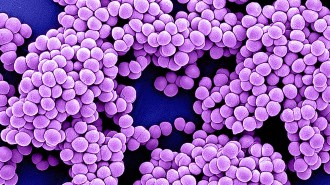 Health & Medicine
Health & Medicine50 years ago, antibiotic resistant bacteria became a problem outside hospitals
Infections from drug-resistant bacteria have skyrocketed over the last 50 years. Now, new technologies could help doctors save lives.
-
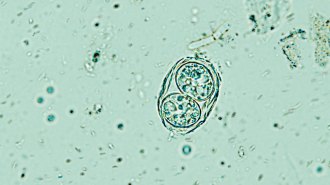 Health & Medicine
Health & MedicineGetting drugs into the brain is hard. Maybe a parasite can do the job
Researchers want to harness the parasite that causes toxoplasmosis to ferry drugs, but some question if the risks can be eliminated.
-
 Oceans
OceansCan bioluminescent ‘milky seas’ be predicted?
For the first time, a scientist has used ocean and atmospheric data to find a milky sea, a huge expanse of luminous water, in past satellite images.
By Bas den Hond -
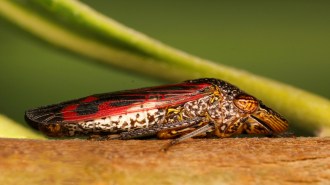 Agriculture
Agriculture50 years ago, scientists ID’d a threat to California wine country
Fifty years after scientists identified the cause of Pierce's disease, which damages vineyards, there still isn't a cure.
-
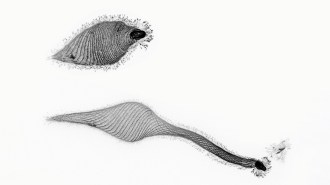 Life
LifeThis protist unfolds its ‘neck’ up to 30 times its body length to scout prey
With geometry’s help, 'Lacrymaria olor' can extend its long, necklike protrusion in less than 30 seconds.
-
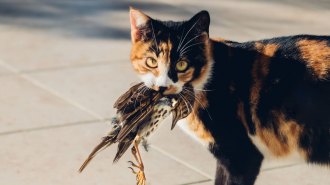 Health & Medicine
Health & MedicineBird flu can infect cats. What does that mean for their people?
Pet owners can take precautions to avoid H5N1, such as keeping cats indoors and making sure they don’t eat raw meat or milk.
-
 Health & Medicine
Health & MedicineMalnutrition’s effects on the body don’t end when food arrives
Children may struggle with inflammation, a weakened immune system and gut problems. New treatments may repair some damage.
-
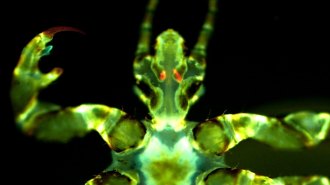 Health & Medicine
Health & MedicineHuman body lice could harbor the plague and spread it through biting
Rats and fleas previously got all the blame, but humans’ own parasites could be involved.
-
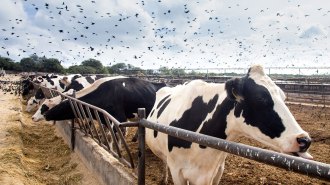 Health & Medicine
Health & MedicineGenetic analyses of the bird flu virus unveil its evolution and potential
The H5N1 outbreak in cattle is giving flashbacks to the COVID pandemic. But this time is different.